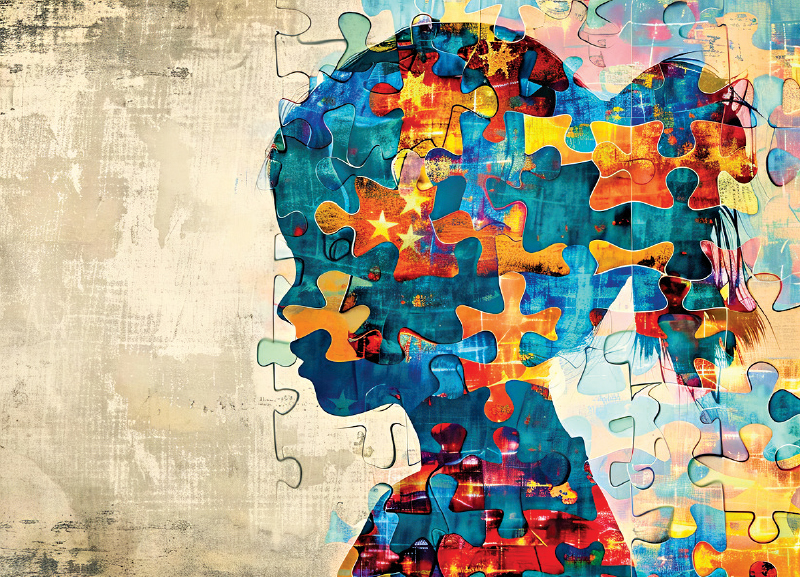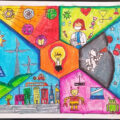
People’s perception about us defines them and not us. We meet so many people in our daily life. All these people have their own opinions about us. Some people may have good opinions about us while others may not. It is really interesting to know how many different perceptions different people can have about the same person.
Many people get too attached with other people’s perception of them. They become very happy when someone appreciates them and become very sad when someone insults them. This type of person cannot be happy whatsoever because a person cannot satisfy everyone at the same time.
The moment we earn admirers, we also earn critics. We cannot control what other people think about us. In our society, it is the most commonly seen problem that people care too much about what others will think and in the process of pleasing everyone, we end up losing our own identity. This mentality is one of the main reasons contributing to the increase in depression in people.
That is the reason why I have started this article by saying ‘People’s perception about us defines them and not us.’ Let me now explain what I mean by this sentence.
A person’s perception depends on his or her values and inner state of being. So, when a person says anything about us, it stems from his or her way of thinking, which again is based on his or her past experiences and/ or traumas. We should not be attached to others’ opinions about us. If a person has good opinions about us, then it means that he or she is a good person; it does not necessarily mean we are good. And vice versa. Hence, we shouldn’t be attached to good and bad opinions.
Now this does not mean that we will become overconfident and start to think that we are perfect. We must develop our own perception about ourselves and our life and we must honestly criticise our negative actions and appreciate our positive actions. Our own perception about ourselves should be unbiased and strong. It should not be affected by others’ perceptions. By doing this, we can live devoid of any unnecessary sadness caused by others’ words and/ or actions. At the same time, we can constantly progress by criticising ourselves from time to time.































